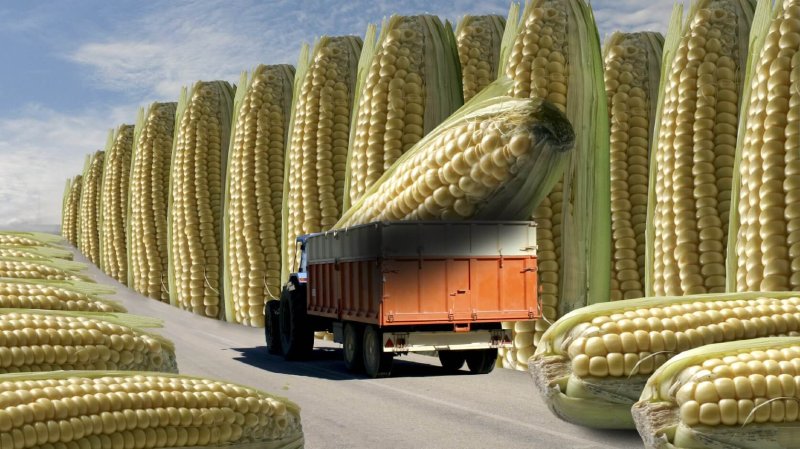Rob Saik, professional agrologist, certified agriculture consultant and founder of Agri-Trend, spoke at TEDx Red Deer, Alberta on GMOs.
“Do you believe that agriculture can feed 9 billion people?” he asked. “The real question is will agriculture be allowed to feed 9 billion people?”
“I believe the anti-science movement is the biggest threat to global food security today. The voices of science are being drowned out by the voices of fear and paranoia,” he said.
Saik believe that the technology to feed people already exists. He urged the audience to celebrate the accomplishments of fertilizer, pesticides and genetic engineering in boosting agricultural production while also providing more sustainable ways of farming.
For example, Bt crops have lowered pesticide use, he said, while adoption of GMOs in Brazil has helped relieve pressure to tear down rainforests by increasing yields on land already converted to agriculture.
He asked the provocative question, “Could the future of food production be genetically modified organic food production?” saying that the ideology of the organic movement could be met with GM technology. “When did the organic movement become the anti-GMO movement?” he said.
Watch full, original video: Pushing Boundaries in Agriculture































